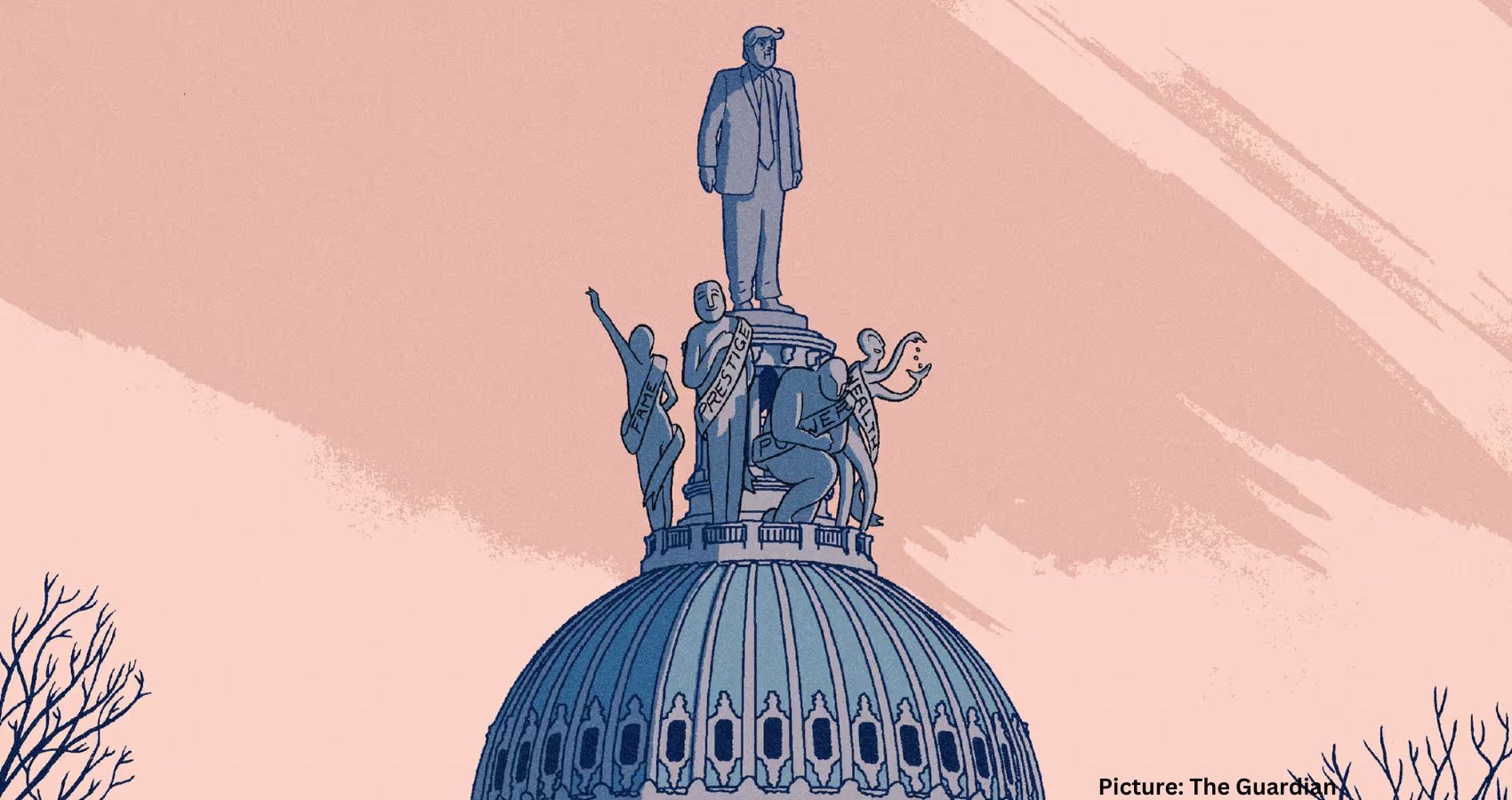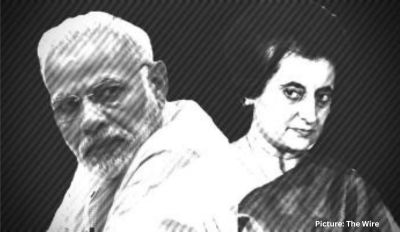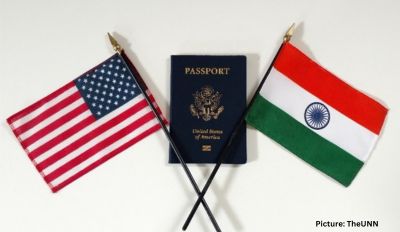Numerous analyses attempt to comprehend the ongoing ascent of Donald Trump and the unwavering support he commands, despite the accumulating controversies and legal allegations. While many of these explanations hold weight, there’s one factor, largely overlooked, which could arguably be paramount: Trump reigns supreme in the realm of extrinsics.
Psychologists posit that our values tend to gravitate towards distinct poles termed “intrinsic” and “extrinsic.” Those inclined towards intrinsic values prioritize empathy, intimacy, and self-acceptance, alongside a receptiveness to change and challenge, a commitment to universal rights, equality, and a protective stance towards others and the environment.
On the other hand, individuals leaning towards extrinsic values exhibit a keen attraction to prestige, status, image, fame, power, and wealth. Their motivations revolve around individual rewards and accolades, often manifesting in objectification and exploitation of others, alongside a propensity for rudeness, aggression, and disregard for societal and environmental welfare.
Donald Trump epitomizes extrinsic values in myriad ways, from the ostentatious towers bearing his name to exaggerated claims of wealth, incessant rhetoric about winners and losers, and reported instances of cheating at golf. His objectification of women, including his daughter, his fixation on physical attributes like hand size, and his disdain for public service, human rights, and environmental concerns further underscore his allegiance to extrinsic values.

Our values aren’t innate; they’re shaped by societal cues and norms, and the political landscape we inhabit plays a crucial role. Under oppressive political systems, individuals tend to internalize extrinsic values, perpetuating a cycle of insecurity and unmet needs, fostering a breeding ground for further exploitation.
Since Ronald Reagan’s tenure, marked by societal divisions and a lack of public support mechanisms, U.S. politics has increasingly embraced extrinsic values. Even Democratic administrations, influenced by neoliberal principles, have struggled to reverse this trend, inadvertently bolstering support for right-wing ideologies.
Beyond politics, the U.S. has long championed extrinsic values, epitomized by the American dream of wealth acquisition and conspicuous consumption. Cultural narratives promoting success at any cost, alongside rampant consumerism and media fixation on fame, further entrench extrinsic values in society.
Blaming individuals for their misfortunes has become a hallmark of this shift, exemplified by punitive measures against rough sleepers, who are criminalized for their destitution, often exacerbated by government policies.
Beneath societal polarization and the mental health crisis lies a fundamental shift in values, wherein the pursuit of status, wealth, and dominance engenders widespread frustration and resentment. In a culture glorifying winners, the blame for societal discontent often falls on those advocating for a more equitable world.
Trump’s potential reelection hinges not only on factors like racial resentment or culture wars but also on deeply entrenched values that shape individuals’ perceptions and choices.
Trump’s appeal lies in his embodiment of extrinsic values, perpetuated by societal norms and political dynamics, which fuel resentment and division. Understanding this phenomenon is crucial in navigating and addressing the underlying causes of societal dysfunction.
https://www.theguardian.com/commentisfree/2024/jan/29/donald-trump-americans-us-culture-republican











